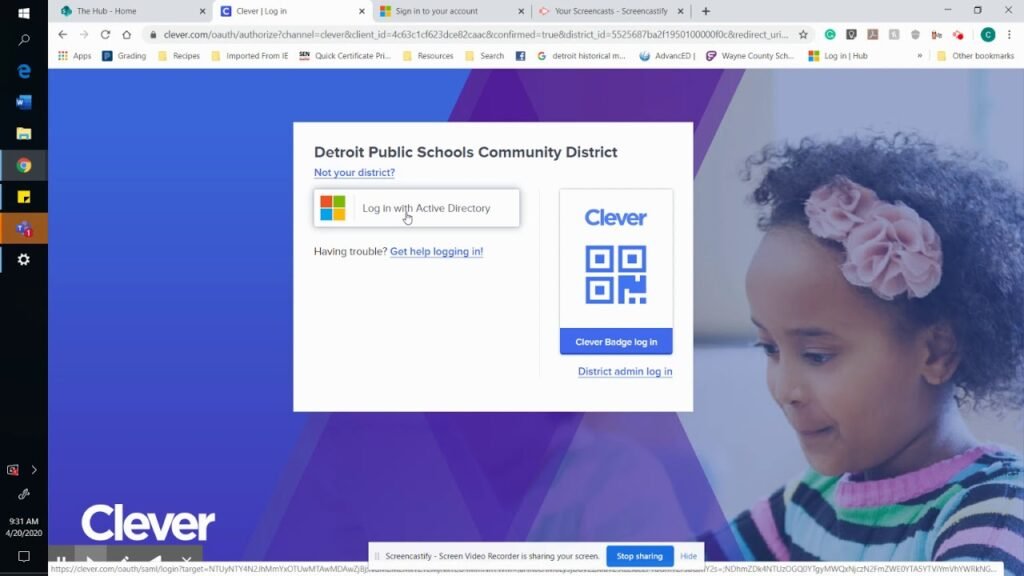Understanding Clever DPSCD
Clever DPSCD, or Dynamic Product Supply Chain Design, represents an innovative approach in the realm of supply chain management. This concept revolves around the strategic alignment of product design and supply chain processes to enhance adaptability and efficiency. At its core, Clever DPSCD emphasizes the importance of creating a flexible supply chain that can respond to the rapidly changing market demands and consumer preferences. Unlike traditional supply chain management, which often adopts a more static and linear approach, Clever DPSCD encourages a dynamic interplay between various elements of the supply chain, allowing for real-time adjustments and improvements.
The significance of Clever DPSCD in modern business cannot be overstated. As industries become increasingly globalized and customer expectations evolve, companies must develop strategies that not only streamline their operations but also provide competitive advantages. Clever DPSCD addresses these needs by unifying product development and supply chain operations, enabling organizations to anticipate shifts in demand and innovate effectively. This integrated approach helps to minimize lead times, reduce costs, and enhance overall service levels.
Key components of Clever DPSCD include collaborative planning, data analytics, and customer-centric product design. By fostering collaboration among various stakeholders—from suppliers to end-users—businesses can gain valuable insights that inform decision-making processes. Additionally, the utilization of sophisticated data analytics tools allows for the identification of patterns and trends within consumer behavior, resulting in more informed supply chain strategies. Furthermore, adopting a customer-centric perspective in product design ensures that offerings are tailored to meet specific consumer needs, ultimately leading to higher satisfaction rates.
Clever DPSCD, therefore, represents a paradigm shift in supply chain management that prioritizes agility, collaboration, and data-driven decision-making. Understanding these principles provides a solid foundation for organizations looking to thrive in today’s complex business landscape.
Benefits of Implementing Clever DPSCD
Adopting Clever DPSCD strategies offers numerous advantages that significantly enhance operational efficiency and generate cost savings across various industries. One of the primary benefits is the ability to identify and eliminate inefficiencies in supply chain processes. By leveraging advanced data analytics and intelligent forecasting methods inherent in Clever DPSCD, organizations can streamline their operations, ultimately leading to reduced lead times and optimized resource allocation.
For instance, in the retail sector, one case study revealed that a major retailer implemented Clever DPSCD solutions to optimize their inventory management. By employing predictive analytics, the retailer minimized excess inventory and reduced stockouts, resulting in an impressive 20% decrease in operational costs. Such examples demonstrate how adopting this approach can bolster profitability while ensuring that customer demand is met more accurately and efficiently.
Moreover, Clever DPSCD fosters improved customer satisfaction through enhanced responsiveness and increased transparency in supply chain activities. Customers today expect timely updates and reliable product delivery, and organizations embracing Clever DPSCD are better equipped to meet these demands. A notable example can be found in the automotive industry, where a manufacturer integrated Clever DPSCD methodologies into their production system. As a result, they achieved a remarkable 30% reduction in customer complaints regarding delivery timelines, reinforcing the importance of customer-oriented service.
In summary, the implementation of Clever DPSCD not only streamlines processes but also catalyzes significant cost reductions and elevates customer satisfaction levels. Organizations that adopt these strategies stand to gain a competitive edge in their respective markets, showcasing the robust value proposition presented by Clever DPSCD across diverse business sectors.

Challenges and Solutions in Using Clever DPSCD
The implementation of Clever DPSCD (Data-Driven Predictive Supply Chain Dynamics) poses various challenges for organizations. One major hurdle encountered is the resistance to change among employees. Many team members may feel apprehensive about adopting new methodologies, fearing that their familiar processes could be disrupted. This reluctance can stem from insecurity regarding their roles and concerns about the effectiveness of innovative strategies. To address this issue, organizations should focus on establishing a robust change management framework. This involves open communication about the benefits of Clever DPSCD, as well as involving employees in the transition process to foster a sense of ownership and collaboration.
Another significant challenge lies in the integration of Clever DPSCD with existing systems. Organizations often face difficulties in aligning new data-driven approaches with legacy systems that may not be compatible. This misalignment can lead to inefficiencies and delays in realizing the full potential of Clever DPSCD. To mitigate this risk, organizations must conduct thorough assessments of their current technology infrastructure prior to implementation. Leveraging advanced integration tools and platforms can facilitate smoother transitions, ensuring that new data streams are effectively incorporated into existing workflows.
The cultural shift required to embrace Clever DPSCD is yet another challenge that organizations may encounter. Transitioning to a data-driven decision-making culture necessitates altering long-standing practices and mindsets. This shift can be daunting, yet it is essential for unlocking the potential of Clever DPSCD. To overcome this challenge, organizations should invest in comprehensive training programs aimed at upskilling their workforce. By providing employees with the necessary tools and knowledge, organizations can cultivate a culture that embraces data analysis and predictive insights, ultimately driving improved decision-making and operational efficiency.
Future Trends in Clever DPSCD
The evolving landscape of dynamic product supply chains (DPSCD) is marked by several emerging trends that promise to reshape the way businesses operate. As organizations increasingly seek efficiency and adaptability, the integration of advanced technologies is becoming indispensable. Artificial Intelligence (AI) and machine learning are at the forefront of these innovations, enabling companies to optimize their supply chain processes. Through predictive analytics and automated decision-making, AI enhances the capability of clever DPSCD systems to respond to market fluctuations in real-time.
Moreover, the utilization of data analytics stands out as a significant trend driving future developments. By harnessing vast amounts of data, businesses can gain valuable insights and improve forecasting accuracy. This not only leads to better inventory management but also enhances customer satisfaction by ensuring product availability. Companies that leverage data effectively in their DPSCD practices will likely gain a competitive edge in their respective markets.
Sustainability also plays a critical role in the future of clever DPSCD. As environmental concerns continue to grow, businesses are increasingly adopting sustainable practices throughout their supply chains. This includes minimizing waste, optimizing resource consumption, and adopting circular economy principles. Organizations that successfully incorporate sustainability into their DPSCD strategies can not only reduce their environmental impact but also attract eco-conscious consumers, thereby enhancing their brand image.
In addition, the trend towards digital transformation is reshaping the landscape of clever DPSCD. Cloud-based platforms and collaborative tools facilitate greater transparency and communication among supply chain partners, fostering agility and resilience. Businesses that embrace these digital solutions will be better equipped to navigate challenges and seize opportunities in an ever-changing market.
As these trends unfold, companies must proactively adapt to the dynamic nature of DPSCD to remain competitive. By investing in technology and sustainable practices, organizations can position themselves for long-term success in the evolving supply chain landscape.
